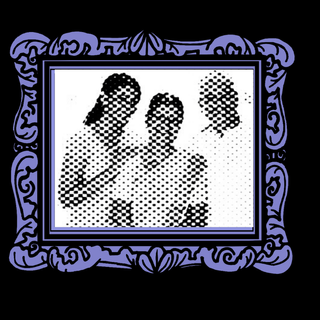In It’s Okay, we defend our most embarrassing, unpopular opinions.
A hushed aura surrounds the assertive, charismatic, person in a position of authority. This does not always have to be a leader or a boss; perhaps the unsaid authority in a group of friends, or the overbearing partner, or the loud parent — it is hard to not pay attention to them, or discount the things they say and do with such authority in their correctness.
Watching this display of influence makes a lot of us want to be charismatic, aggressive people ourselves. The promise of holding others in our thrall is too gorgeous to ignore, and so we submit to leadership listicles, seminars, tips, and more telling us to be assertive and confident, or to fake it till it becomes natural to us. But the problem is, the charisma of an aggressively confident presence can be a grift, and faking it till we make it expects us to also live a grift.
In contrast, is the shy individual. The patient, quiet, humble sort, who is unsure of when to speak up, and whose voice is at a constant mellow Shyvolume. Or, an unfortunate failure under global fast-paced, hyper-competitive, corporate culture that values the assertive, opinionated go-getter. Book, film and T.V. depictions routinely show the shy person as someone left behind, or trampled over — the person who couldn’t loudly impress someone they found attractive at a bar, someone who couldn’t advocate for a raise, or tell a bully to back off. Shyness, or meekness is a virtue we associate with quiet, long-suffering mothers, or personal assistants to famous celebrities. Shy people, according to the self-help industrial complex, need leadership invention, coaching, and listicles that tell them to fake a bossy exterior in order to clinch a promotion or a date.
Related on The Swaddle:
‘Masculinity Contest Culture’ in Science Disadvantages Women
Shy people are merely more aware of the ways we lapse in communication than extroverts, according to writer Joe Moran, who wrote Shrinking Violets: The Secret Life of Shyness. Moran says the shy person is not a failure, but someone who merely prefers structured communication over the spontaneous sort. When one reframes their view of shyness from the socially awkward timidness stereotype, to someone who is more self-aware and careful while dealing with others, shyness becomes a virtue.
An individual who is seen in a negative light as shy or meek, then, can be quite effective as a communicator. This is because they listen, and are more hyper-aware of the other’s experience while solving problems. Though the shy person believes they are a failure because people don’t respond to their authority blindly, they oversee how valuable their own slow, but effective process of effecting change is. The charismatic individual may be excellent at moving the masses, but the shy individual is observant, patiently working through the chinks in the charisma, keeping time and space for the stragglers who cannot move with the masses. Though the world may not acknowledge this enough, quiet people have always been valuable.
The greatest, most enduring example of shyness as a virtue is Shashi, from English Vinglish. Shy, meek, Shashi who is taken for granted by her family because she cannot speak English, is also brave, resourceful Shashi, who sneaks away to New York City alone for English classes. She does her homework, learns how to speak the language, and grows as a person without having to steel herself and become more aggressive than she usually is. In the end, Shashi does not need loudness, or charisma to gently tell her husband and daughter than families are spaces of comfort, where weaknesses are not mocked. She only has to be who she always was, to earn the love and respect she deserves.




